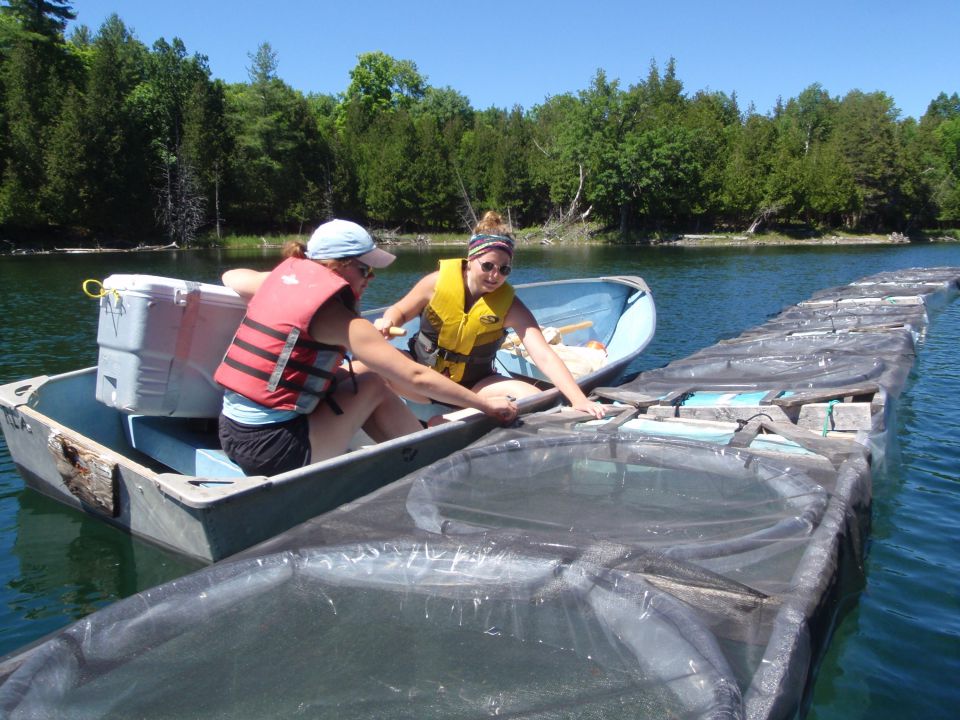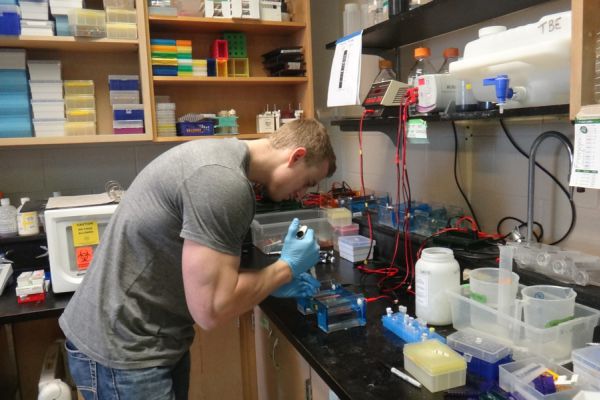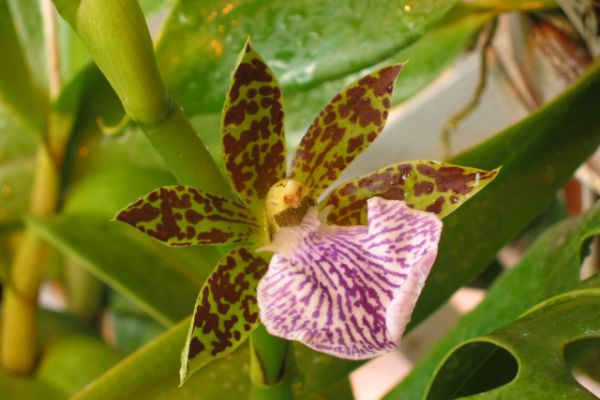Our mission is to produce engaged, independent, reflective, critically-thinking graduates who will be inspired and able to actively contribute to the improvement of society.
Aims of the Program
Our mission is to produce engaged, independent, reflective, critically-thinking graduates who will be inspired and able to actively contribute to the improvement of society. Our Department prides itself on specifically striving for strong integration across all hierarchical levels in Biology so that our research and teaching reflect comprehensive interconnected understanding of biological patterns and processes at scales from the molecule to the whole ecosystem. The Biology undergraduate program provides a well-balanced, high quality education, aimed at fostering a commitment to the learning and application of biological principles throughout the experiences of life. In essence, we want to train students how to ‘think as scientists’ (i.e. how to use evidence-based reasoning to understand phenomena and solve problems). This fundamental life skill is central to effective decision-making and therefore has benefitted not only those of our graduates who have gone on to develop biological science research careers, but also those who are now progressing in a wide range of other disciplines (e.g. teaching, health sciences, professional biologists/biotechnologists, as well as business, law, accounting, management etc.). Accordingly, we anticipate that this distinctively broad educational perspective, along with the specific goals outlined below, will produce graduates that are highly competitive for the best opportunities available in the workplace and in leading professional and graduate school programs.
To achieve these goals, we teach in multiple ways that are specifically designed to promote active, deep, engaged, learning that integrates across all organisational levels in Biology from the molecule to ecosystem. Furthermore, we are committed to explicitly incorporating indigenous perspectives and knowledge into our curriculum where appropriate. Finally, the Department of Biology specifically aims to provide a student learning environment that fosters equal rights and opportunities for all, in an atmosphere of mutual respect and dignity.
Students in the Biology program will have opportunities to apply for courses that incorporate concept-based lectures, Socratic question-and-answer approaches, student and professor-led seminars, peer instruction, conceptual and applied problem-solving, iterative writing/editing exercises, student debates, ‘hands-on’ lab practical experiences including state-of-the-art molecular biology and biochemistry techniques, use of our nearby top class biological field station (QUBS) as well as multiple opportunities for field courses across the world, small-sized 4th year seminar courses, and probably best of all, one-on-one student-professor honours thesis and independent research projects.
How does Biology fulfill its mission for you?
By integrating all levels in Biology so that our research and teaching reflect comprehensive understanding of biological patterns and processes, from the molecule to the whole ecosystem.
The undergraduate program was thus designed to offer a balanced, high quality education, aimed at fostering a commitment to the learning and application of biological principles throughout life.
Students are trained to ‘think as scientists’ by using evidence-based reasoning to understand phenomena and solve problems. Thinking as scientists is central to effective decision-making and has benefitted graduates pursuing careers in research and in other professions, such as teaching, medical sciences, biotechnology, business, civil service, law, and NGOs. Graduates will thus be competitive in the workplace and in leading professional and graduate schools.
How does Biology teach you?
We teach in diverse ways to promote active, deep, engaged, learning.
We are committed to explicitly incorporating indigenous perspectives and knowledge into our curriculum where appropriate.
We aim to provide a learning environment that fosters equal rights and opportunities for all, in an atmosphere of mutual respect and dignity.
Students will have opportunities to take courses that incorporate concept-based lectures, Socratic question-and-answer approaches, student and professor-led seminars, peer instruction, conceptual and applied problem-solving, iterative writing/editing exercises, student debates, ‘hands-on’ lab practical experiences including state-of-the-art molecular biology and biochemistry techniques, use of our nearby top class biological field station (QUBS) as well as multiple opportunities for field courses across the world, small-sized 4th year seminar courses, and one-on-one student-professor honours thesis and independent research projects.
What are the acquired skills upon program completion?
Graduates will have directly experienced the joys of scientific thinking and discovery, and mastery of many skills.
Future Graduate Students

The Department of Biology at Queen’s University is committed to providing the best in graduate learning and research mentorship while striving for an inclusive and supportive environment.


